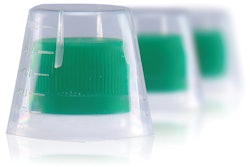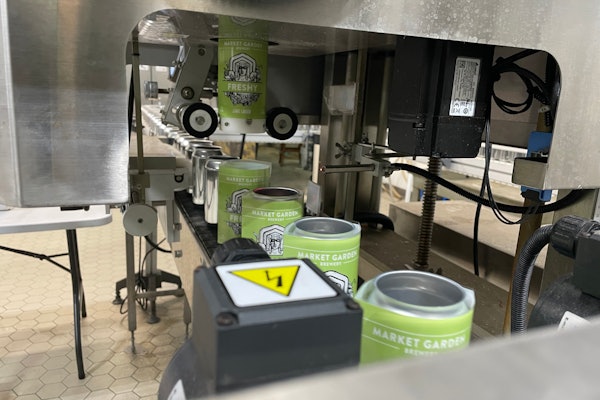
In fall 2014, the U.S. Pharmacopeial Convention (USP) will publish new and revised standards on approaches for establishing the safety and quality of packaging materials and their materials of construction. These will be posted for public comment in the September-October 2014 issue of Pharmacopeial Forum—USP’s free-access, online forum for receiving public feedback to developing standards. Comments from the packaging community are strongly encouraged.
Interactions between products and/or ingredients and their packaging system can affect product quality, or less frequently, the quality of the packaging system itself. Concepts introduced in the new and revised standards related to plastic packaging reflect USP’s vision that the most definitive way to establish a packaging system’s suitability for use is to test the packaged drug product, the package system, and the packaging system’s materials of construction. In doing so, manufacturers gain knowledge of any interaction—whether potential or real—between the drug product and the packaging system.
For decades, USP’s General Chapter <661> Containers—Plastics has provided useful standards for plastic materials and components used to package drug products, dietary supplements, and devices. The fundamental change reflected in the revisions to <661> is its new focus on the material characterization and safety of the packaging system. Retitled Plastic Packaging Systems and Their Materials of Construction, <661> will provide the testing rationale for plastic materials of construction and packaging systems. USP recognizes that the use of well-characterized materials of construction for a packaging system is a primary means of ensuring that the packaging system is suited for its intended use. This is accomplished by matching the properties and characteristics of those materials to the performance requirements of the packaging system. Revised <661> also includes physicochemical and biocompatibility tests and addresses the scope of the standard and its relationship to other related chapters.
Proposed General Chapter <661.1> Plastic Materials of Construction will provide tests, test procedures and acceptance criteria for plastic materials of construction used in packaging systems for pharmaceutical products. The intent of the testing is to ensure that materials of construction are well-characterized, given that proper characterization of materials of construction facilitates the identification and use of appropriate materials in pharmaceutical systems.
General Chapter <661.2> Plastic Packaging Systems for Pharmaceutical Use focuses on the safety aspects of a packaged drug product’s packaging system based on chemical assessment. Among the components of an appropriate chemical assessment is performing extractables testing, leachables testing, and the relevant toxicological assessment. USP’s general chapters related to extractables and leachables will also appear in the September-October 2014 issue of Pharmacopeial Forum. The issue will be open for public comments from Sept. 1 to Nov. 31, 2014.


























